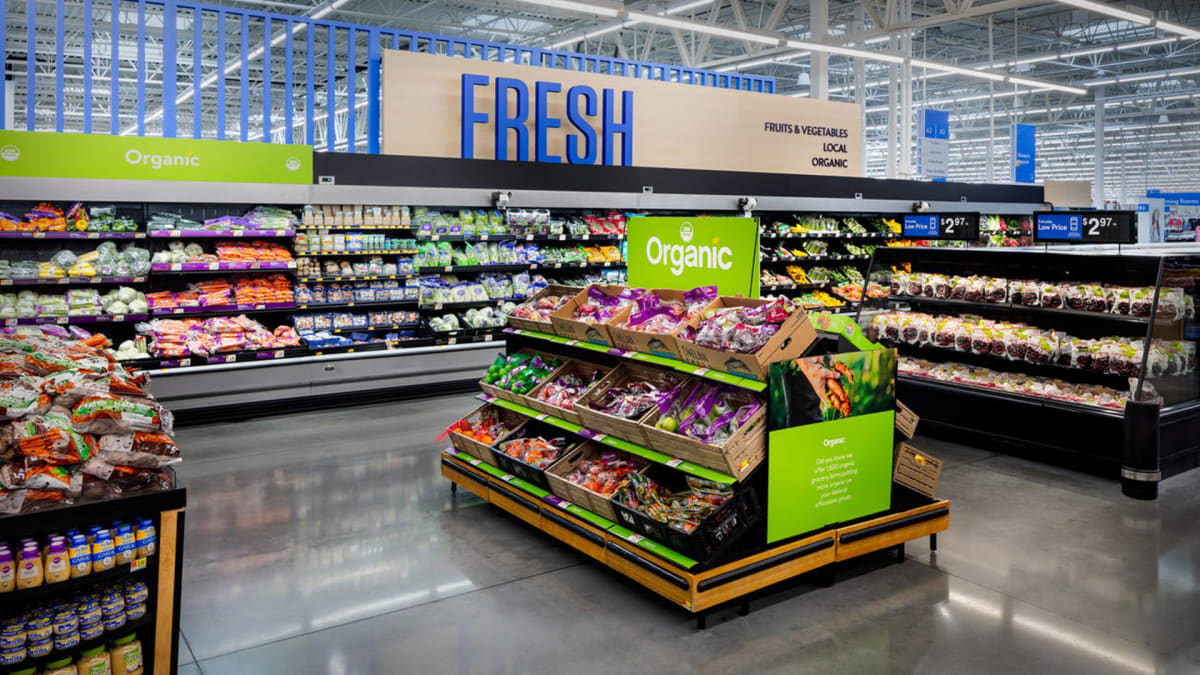
Walmart is proceeding with caution.
The world's largest retailer posted better-than-expected fourth-quarter earnings on Feb.21, but issued a muted full-year profit forecast as it cautioned that consumers will continue to spend conservatively in a slowing economy.
DON'T MISS: Walmart Bulls Buy the Earnings Dip. Should You?
The Bentonville, Ark.-based company said higher-income customers made up nearly half its sales gains over the fourth quarter, a surprising change from the retailer's traditional lower-income cohort, as inflation skyrocketed and consumer spending waned.
"As we sit here today, we find ourselves in a similar position to each of the last three years, where there is a great deal of uncertainty looking out over the balance of the year," Chief Financial Officer John David Rainey said during the earnings call with analysts.
While the supply chain issues that dominated the headlines have largely abated, Rainey said that prices are still high "and there is considerable pressure on the consumer," according to a transcript of the call.
He said that attempting to predict swings in macroeconomic conditions and their effect on consumer behavior is challenging.
"Given the persistence of high prices and the potential for further macro pressures, we're taking a cautious outlook for the year," he said.
Consumers Under Pressure
CEO Doug McMillon told analysts that "dry grocery and consumables are stubborn, mid-double digit, and those are going to just be with us for a while."
Walmart began its grocery business 1988 and it grew to become the largest food retailer in the country and the No. 1 grocery chain.
"Milk is actually less than a year ago," McMillon said. "Beef is lower in terms of pricing. So, think of the fresh categories as kind of bouncing around, going up and down, and being more volatile."
"It's dry grocery and consumables that we think are going to create the pressure that customers are going to feel and have the impact as it relates to us on mix over the course of the year," he added.
McMillion also discussed the price of eggs, which soared last year.
The national average price for a dozen large Grade A eggs more than doubled in 2022, from $1.93 in Jn to $4.25.
The problem got so bad that people were trying to smuggle eggs into the United States from Mexico.
"Eggs were at 200% inflated in January," McMillion said. "They're down now to being just 50% inflated. That's still a problem.
He stressed to analysts that Walmart is still making money in groceries, noting that "there are some really profitable businesses in fresh and other areas."







